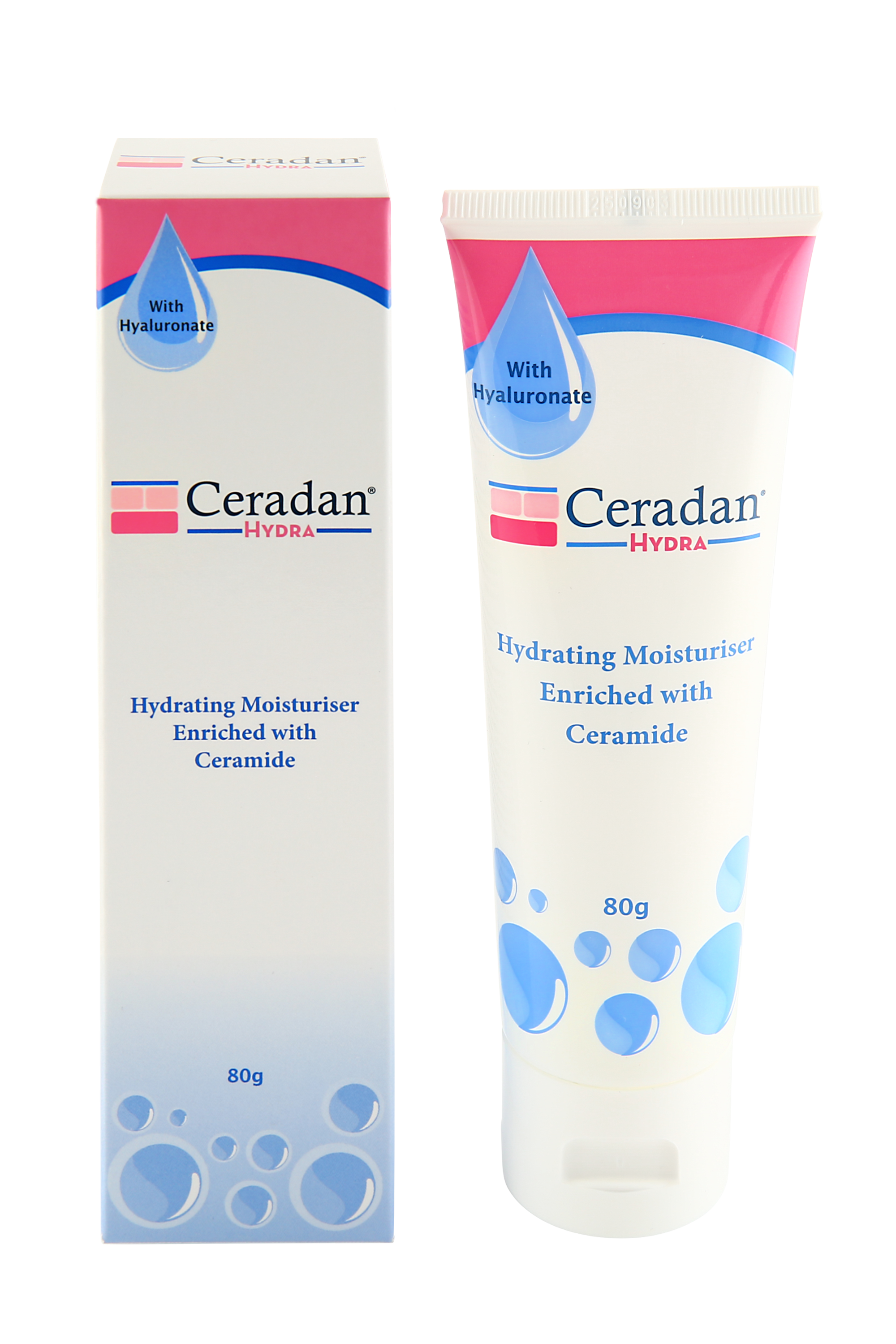

Eczema (aka atopic dermatitis) is a chronic inflammatory skin condition that makes skin extremely dry, red and itchy. More severe cases of eczema can even cause skin to look cracked and leathery, and for mums and bubs, that’s a big no-no!
Eczema affects people of all ages but most commonly in young children below 5 years of age. Babies may outgrow it before they hit adulthood, but unfortunately, the condition is often chronic for many adults who suffer from it. There’s also no known cure for eczema too; all we can do is keep the condition (and subsequent itchiness!) at bay with medication and moisturising creams.
Does my baby have eczema?
Common symptoms usually appear on baby when they’re under 5 years old, and their usual areas of appearance are typically on the face, neck and extensor skin surfaces but it could spread to other parts of their body.
The flare might look like dry, thick, scaly skin, or could look like clusters of red bumps. If the flare gets infected due to scratching or friction caused by baby moving or rolling around, it can leave their skin scarred!
✏️ When in doubt, always visit your doctor and let them examine baby’s skin – they may even refer you to a dermatologist for confirmation and treatment.
What causes eczema?
Eczema indicates a defect in skin barrier. The skin barrier is the outermost layer of epidermis or the outermost layer of your skin. A healthy skin barrier has sufficient amount of Ceramide to help keep allergens and bacteria out, and prevents water evaporating from your skin. But when skin barrier is impaired, it is characterised by a lack of Ceramides and other physiological lipids. Therefore, allergens and irritants such as toxins, chemicals and pollution can penetrate through the skin's layers a lot more easily. Ceramide is an important lipid forming the skin barrier.
Continue reading on the next page...
How can I treat baby’s eczema?
Taking good care of baby’s skin and avoiding potential triggers can help treat and prevent eczema from flaring up. Visiting a dermatologist will help you determine a treatment plan for baby if they have eczema.
💡 You can also consider using Ceradan products for baby from 0 months onwards – they’re all hypoallergenic and suitable for baby’s sensitive skin.
Regular use of moisturisers prolongs the flare-free period and reduces the need for steroid cream. Using the right wash also matters in keeping eczema under control. Ceradan products are scientifically designed with an optimal 3:1:1 ratio of Ceramide, Cholesterol and Free Fatty Acids in maintaining the lowest trans-epidermal water loss, providing accelerated skin barrier repair for patients with eczema.

Ceradan Skin Barrier Repair Cream is a ceramide-dominant therapeutic moisturiser that replenishes the depleted ceramide in the defective skin barrier. It should be applied liberally at least twice a day to affected eczema flares.

As a complement for the Ceradan Skin Barrier Repair Cream, the Ceradan Hydra works perfectly – for the best effect, use it in-between applications of Ceradan Cream. It’s a hydrating moisturiser that’s also enriched with ceramide, and is a step-down maintenance therapy during periods of non-flares. It also contains sodium hyaluronate that helps to draw moisture into the skin. Easy to apply, it spreads smoothly over skin areas with or without flares. It can also be applied frequently to keep the skin barrier strong, even when skin appears normal.

If you’re looking to wash baby’s gentle skin, Ceradan Wash is what you need. It’s a gentle, non-soap body wash that cleanses the skin and protects the skin barrier at the same time. It ensures that skin does not feel tight or dry after a wash. Bathe Baby with Ceradan Wash at least once a day to prevent allergen and pathogen build-up on the skin.
Ceradan can be found at major hospitals' retail pharmacies.
Pregnancy and Baby Singapore provides you with the latest news and practical tips to help you in your parenting journey. For more tips on your pregnancy and baby in Singapore, subscribe to our mailing list and like us on Facebook, to receive new articles for mummies like you every week!
Copyrighted Pregnancy & Baby by Mummys Market 2019


